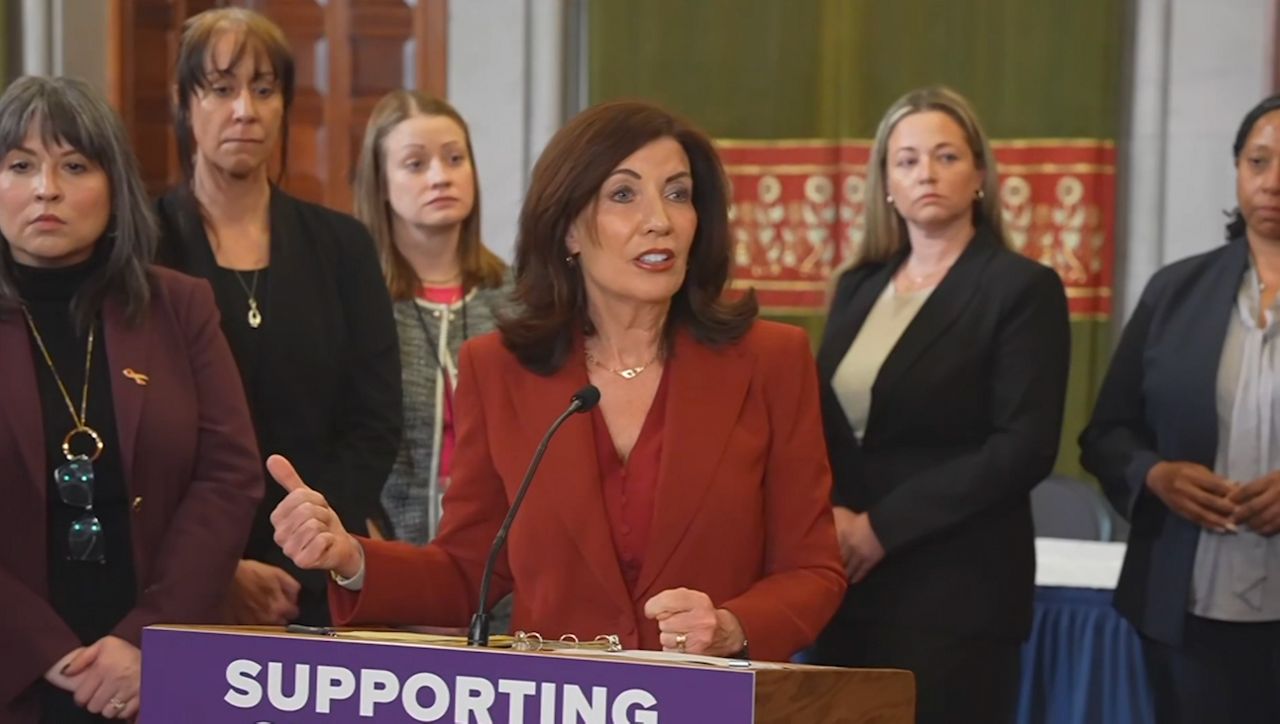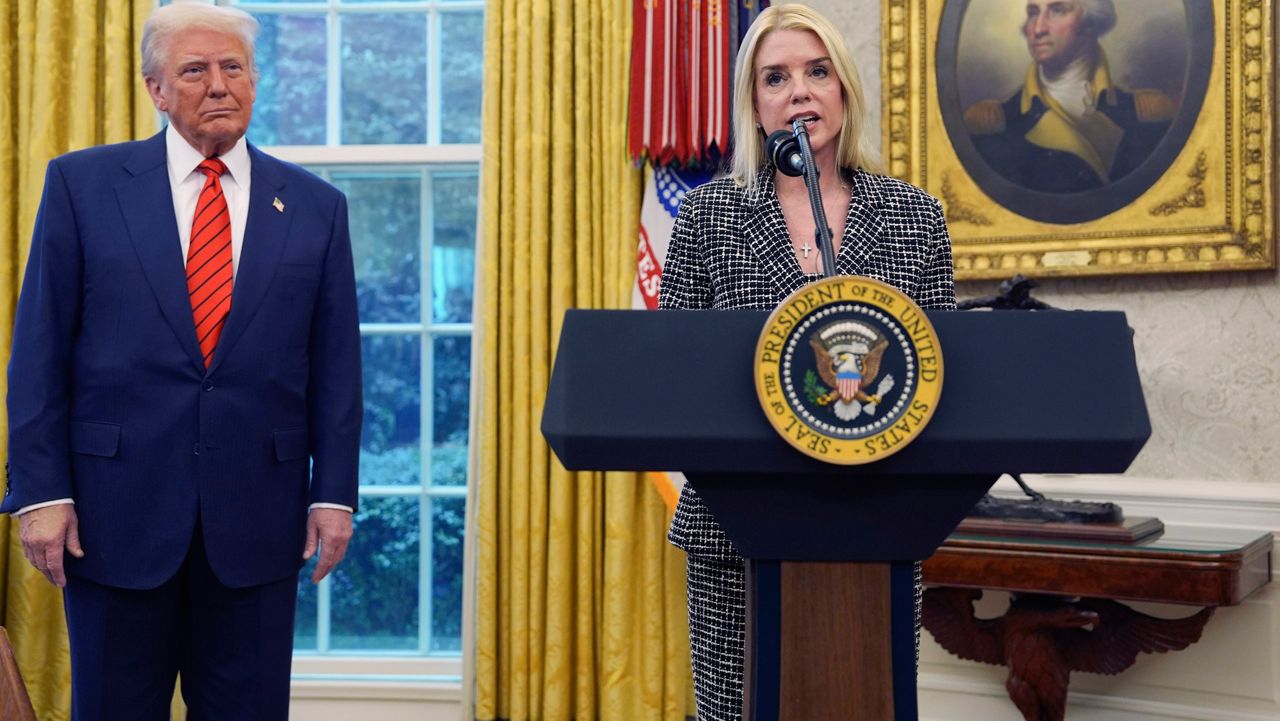New York is currently taking a look at state liquor laws that many criticize as being antiquated and harmful to businesses.
Some of that is up for discussion in the state budget, including a pandemic-era policy allowing restaurants to sell to-go cocktails that is scheduled to sunset next year. Another would allow bars and restaurants to purchase a limited quantity of liquor from a nearby store.
Melissa Fleischut, president and CEO of the New York State Restaurant Association, said restaurants are still struggling in the aftermath of the COVID-19 pandemic and can use all the help they can get as they work to regroup.
“Any way we can help them get more revenue through the door is going to be important to them,” she said.
The most significant proposal being discussed as negotiations continue is one by Gov. Kathy Hochul to make a to-go drinks program permanent.
Fleischut said leaving the matter unresolved until next year would be a challenge for restaurants trying to make the most of the service with the clock ticking down to when it will either need to be revised or allowed to expire.
“It’s uncertainty,” she said. “Do you have a program, do you build out your program and build a loyal following and continue to market these products?”
State Sen. James Skoufis, who chairs the Senate Committee on Investigations and Government Operations which handles alcohol and beverage control laws, told Spectrum News 1 that as of Thursday, the proposal is still on the table.
“The governor wants to make it permanent. I have an openness to doing that. I think it has been a successful and a popular program,” he said.
He did, however, say the fact that the law doesn’t expire until next year is working against advocates hoping to see it made permanent in this year’s budget.
“Unless something is imminently about to happen, sometimes we don’t respond with as much haste,” he said. “So the question is do we extend it this year, do we extend it next year, do we make it permanent, but I don’t think there’s any conversation about letting it expire.”
State Sen. Tom O’Mara, ranking member on the Committee on Investigations and Government Operations, argued that regardless of your position, now is not the time for such a discussion.
“That’s just a prime example of policy issues getting put into a budget when the budget should be about spending, about dollars,” he said. “Not about policy.”
Skoufis said the Senate would also like to see restaurants and bars to purchase up to 12 bottles of alcohol per week from a off-premisis retailers.
He said that proposal, included in their one-house budget, would assist on busy nights and cut down on distribution fees.
“If you run out of Grey Goose up at the bar, you can’t wait until the next shipment that’s four days away, you should be able to run down the road and get some Grey Goose from the local liquor store,” he said.
Despite his opposition to including such items in the budget, O’Mara said he is open to tweaking laws related to alcohol consumption.
“The liquor laws in New York state are extremely antiquated and have had very little update since Prohibition, frankly, so there’s a lot of room for streamlining, making things easier,” he said.
Skoufis has legislation making its way through the legislative process that would address several issues that aren’t in play in the budget.
That includes laws governing temporary permits, as well as allowing establishments with a retail license for off-premises consumption to apply for a second license.
It also includes modifications to the 200-foot and 500-foot rules. The 200-foot rule governs how close an establishment selling alcohol can be to a school or place of worship, while the 500-foot rule deals with how close establishments can be to each other.
Fleischut said the permitting and review associated with maneuvering around the antiquated 500-foot rule in particular creates challenges for areas where bars and restaurants are a key part of the local economy.
“If you look at some of our more treasured places like downtown Saratoga or Restaurant Row in New York City, we love to be able to go to places that are active with restaurants and bars and have that special activity where there is a lot going on in the community,”
Spectrum News 1 reached out to the New York State Liquor Store Association for their perspective and did not receive comment.









